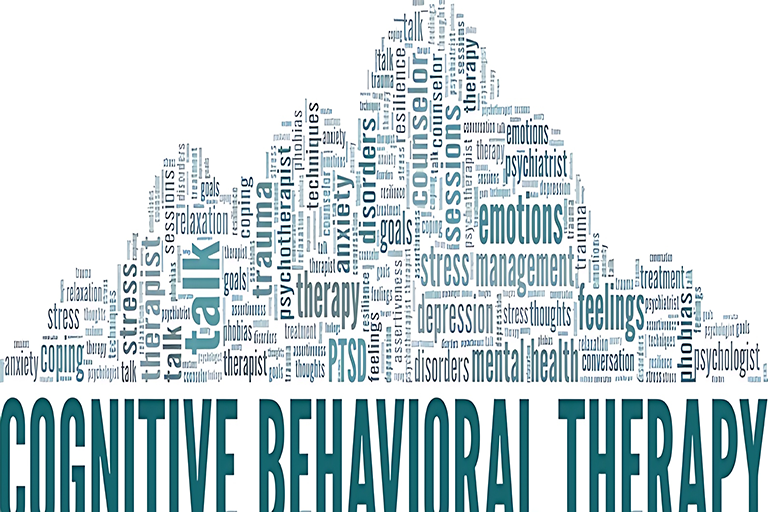Psychodynamic Therapy
Psychodynamic therapy is a form of talk therapy that is based on the principles of psychoanalysis. This therapy approach is focused on helping individuals gain insight into their unconscious thoughts and feelings, and how these underlying factors may be influencing their current behaviors and relationships.
This therapy is based on the idea that many of our thoughts, feelings, and behaviors are influenced by unconscious conflicts that stem from childhood experiences. These conflicts may be rooted in unresolved issues with parents or other significant figures from childhood, and can continue to affect our behavior and relationships throughout our lives.
What does a psychodynamic therapy therapist do?
In psychodynamic therapy, the therapist works with the client to explore these unconscious conflicts and to gain a better understanding of how they may be contributing to current struggles. The therapist may use techniques such as free association, dream analysis, and transference to help the client gain insight into their unconscious thoughts and feelings.
core principle of psychodynamic therapy
One of the key principles of psychodynamic therapy is the idea of the therapeutic relationship. The therapist works to establish a supportive and non-judgmental environment in which the client feels safe to explore their thoughts and feelings. The therapist serves as a guide and facilitator of the therapeutic process, helping the client to gain insight and understanding into their experiences.
How long does it take for psychodynamic therapy to work?
This therapy is typically long-term therapy, lasting anywhere from several months to several years. This extended treatment period allows for a deeper exploration of unconscious conflicts and a more thorough understanding of how these conflicts are impacting the client’s life.
There are several different approaches to this therapy, including Freudian psychoanalysis, object relations theory, and self-psychology. Freudian psychoanalysis, developed by Sigmund Freud, is focused on exploring the client’s unconscious conflicts and defense mechanisms, and the therapist may use techniques such as free association, dream analysis, and transference to facilitate this exploration.
What benefits can psychodynamic treatment offer?
By providing patients with a deeper knowledge of their unconscious feelings, thoughts, and past experiences, this therapeutic technique enables patients to identify the root causes of their difficulties. People who develop these psychological talents are better able to make long-term decisions and feel better.
Here are some instances of psychodynamic counseling:
Building the client’s internal resources helps them be able to handle challenges in the future on their own, which is the main goal of psychodynamic therapy. For instance, a client suffering from depression might learn how to investigate how past experiences might have an impact on how they react to the present.
Does Psychodynamic Therapy Work Well for Me?
PDT’s effectiveness is mostly dependent on three elements: the therapist’s skill and expertise, the patient and therapist’s compatibility, and the patient’s suitability for PDT.
PDT works best with people who have unhealthy “internalizing” coping mechanisms rather than unhealthy “externalizing” coping mechanisms. The former covers symptoms of anxiety and depression, PTSD, compulsive behavior, and social disengagement. The latter usually refers to emotional behaviors like hostility, impulsivity, and problems with controlling one’s anger.
PDT can help people with personality disorders, panic disorders, and substance abuse issues that are caused by internalizing difficulties.
Whether or not your prior experiences and traumas are at the root of your present-day poor mental health symptoms is another excellent indication of whether or not you are a good candidate for PDT.
The best method to figure out if PDT is the correct treatment for you is to arrange a consultation with a mental health expert.
FAQ – people Also Ask
If you are struggling with a mental health or behavioural issue, behavioural therapy may be an effective treatment option to consider.
Shruti Dua, Mental Health Blogger, YOUR Confidant





